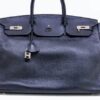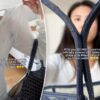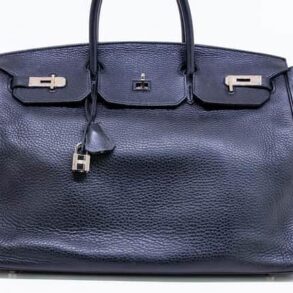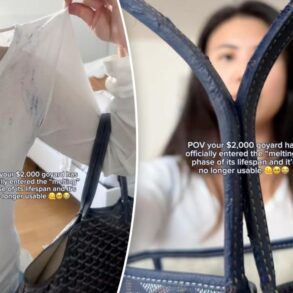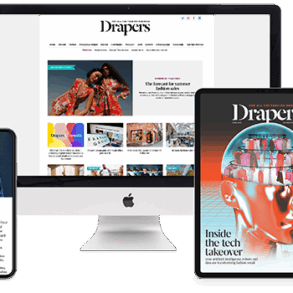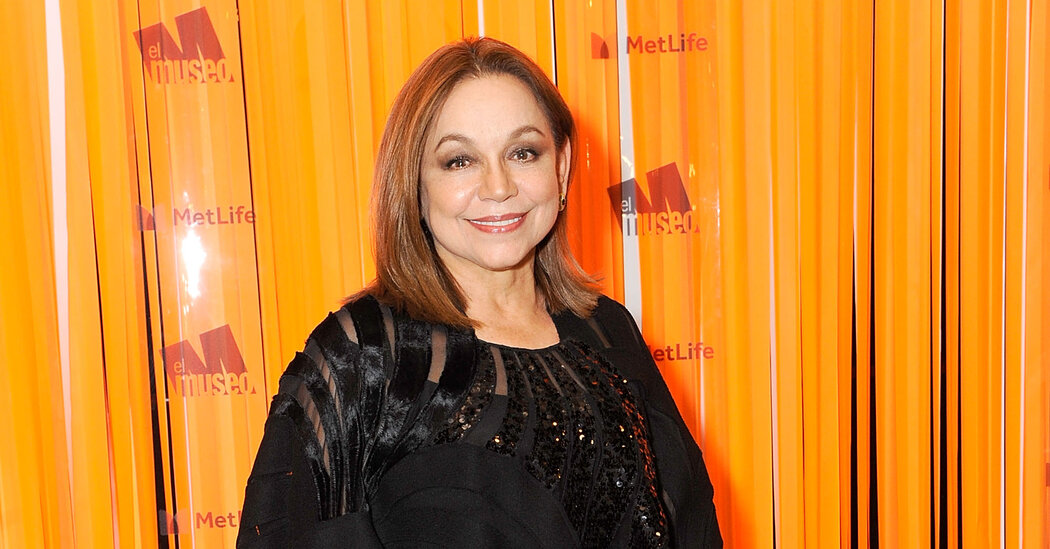
Nancy Gonzalez, whose clients included Britney Spears and Sofia Vergara, smuggled purses from her native Colombia to the United States using couriers. She will serve 18 months.
The handbag designer Nancy Gonzalez built a cult following among celebrities and the South American superrich thanks to her use of brilliantly dyed precious skins. Once one of the largest purveyors of crocodile skin accessories in the world, her namesake brand sold totes and clutches in lime green alligator and lavender python skin for thousands of dollars, often through big-name retailers like Saks and Bergdorf Goodman.
Now Ms. Gonzalez, 71, is facing considerable time in bright orange coveralls.
On Monday, she was sentenced to 18 months in prison after pleading guilty in a Miami federal court to charges of smuggling hundreds of handbags made from the skins of protected wildlife into the United States from her native Colombia.
Ms. Gonzalez, whose full name is Nancy Tereza Gonzalez de Barberi and whose business was incorporated into a luxury handbag company called Gzuniga Limited, was arrested in 2022 in Cali, Colombia, and then extradited to the United States last August. She admitted to recruiting as many as 40 couriers to carry up to four products at a time on commercial flights to be used at New York Fashion Week and industry events or to be sold in the Gzuniga showroom between February 2016 and April 2019.
Prosecutors said that the handbags and purses, made from the hides of caiman alligators and pythons bred in captivity, were worth as much as $2 million. The designer’s lawyers said that the pieces were mostly samples and cost about $140 each, with only about 1 percent lacking the proper authorization to be brought into the United States.
The trade in caimans and pythons is not banned but is strictly regulated under the rules of the Convention on International Trade in Endangered Species of Wild Fauna and Flora, of which both the United States and Colombia are signatories. According to prosecutors, Ms. Gonzalez never secured the necessary import permits from the U.S. Fish and Wildlife Service required by regulators.
“It’s all driven by the money,” Thomas Watts-Fitzgerald of the U.S. attorney’s office in Miami said on Monday. “If you want to deter the conduct, you want the cocaine kingpin, not the person in the field.”
This post was originally published on this site be sure to check out more of their content.

